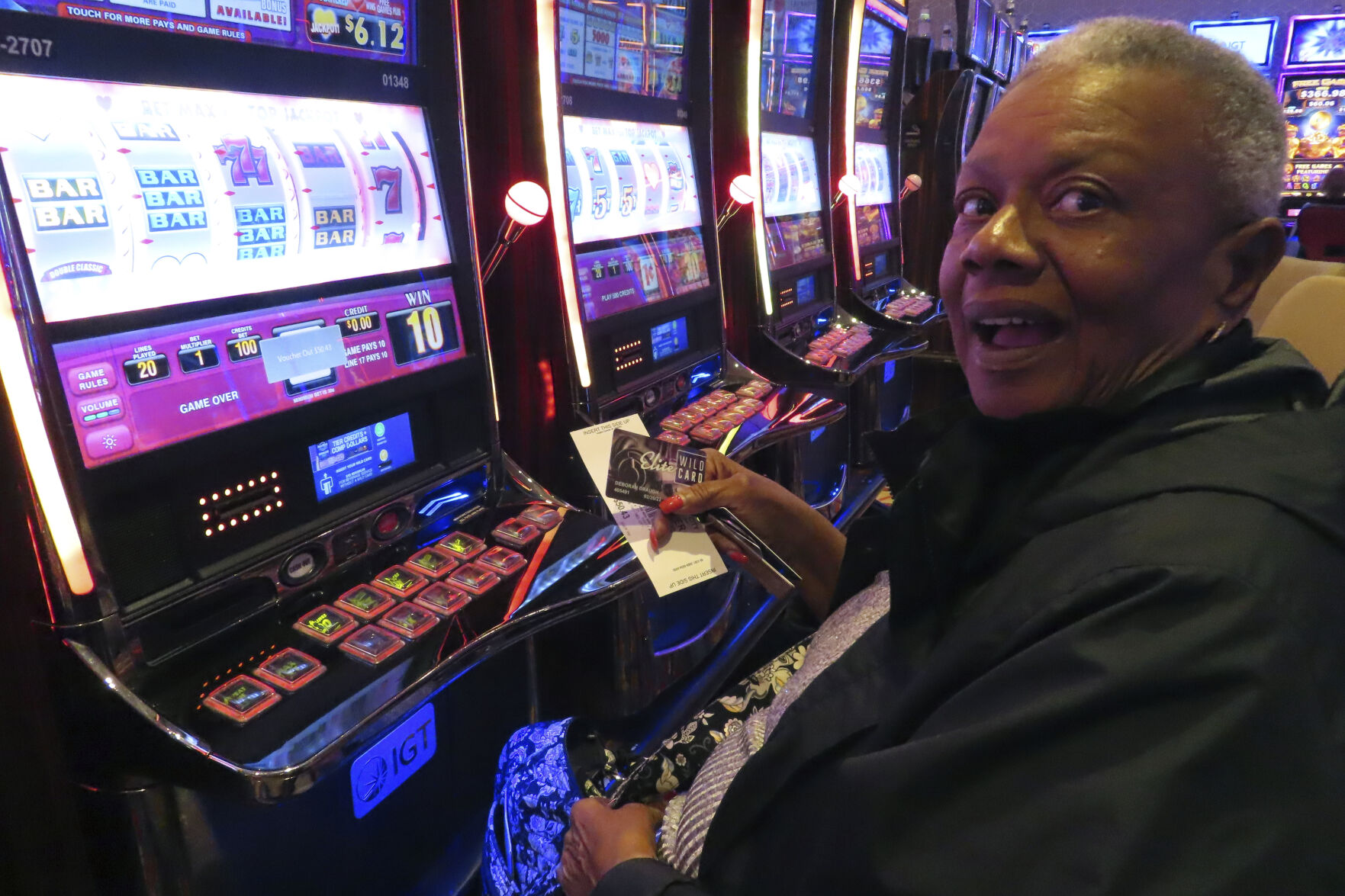ATLANTIC CITY, N.J. — Commercial casinos in the United States won more than $60 billion from gamblers in 2022, the best year in the industry’s history.
Figures released today by the American Gaming Association, the gambling industry’s national trade group, show that in-person gambling remains the bread-and-butter of the industry, accounting for more than 80% of its revenue. Online betting provided nearly a fifth of the industry’s revenue.
The figures do not include tribal casinos, which report their revenue separately. But David Forman, a vice president with the association, estimated that tribal casinos could report an additional $41 billion in revenue later this year, putting the total U.S. casino industry over the $100 billion mark. That would put the gambling revenue roughly equal with the amount of money raised from beer sales in the U.S., he said.
“Our industry significantly outpaced expectations in 2022,” said Bill Miller, the association’s president and CEO. “Simply put, American adults are choosing casino gaming for entertainment in record numbers, benefiting communities and taking market share from the predatory, illegal marketplace.”
The $60.4 billion won by casinos last year was up nearly 14% over 2021 levels.
“That growth is almost the equivalent of adding another Las Vegas Strip to the U.S. market,” Forman said.
The Las Vegas strip and Atlantic City remained among the top gambling markets in the country in 2022, with the Baltimore-Washington, D.C., Chicago and Mississippi Gulf coast markets also performing well.
The association ranked gambling markets according to their in-person winnings at table games, slot machines and at-the-counter sports betting, but excluded online sports betting and internet casino games.
The top 10 are: the Las Vegas Strip ($8.2 billion, up 17%); Atlantic City ($2.8 billion, up 8.5%); Baltimore-Washington D.C. ($2.2 billion, up 8.7%); the Chicago region spanning parts of Illinois and Indiana ($2.1 billion, up 6.1%); the Mississippi Gulf coast ($1.6 billion, down 0.5%); New York City ($1.5 billion, up 2.6%); Philadelphia ($1.4 billion, down 1.8%); Detroit ($1.3 billion, down 1.4%); the St. Louis market spanning parts of Missouri and Illinois ($1.1 billion, up 3.6%); and the Boulder Strip in Nevada ($966 million, virtually flat compared with last year).
The association split several statewide markets into smaller regional components, including Pennsylvania, Nevada, Louisiana and Mississippi, diluting their overall ranking nationwide.
Thirty-two jurisdictions saw an increase in gambling revenue compared with 2021, with 29 states setting new annual records. This included the new Nebraska market, as well as four states that reported their first full year of revenue: Arizona, Connecticut, Virginia and Wyoming.
Mississippi (down 3.6%) and South Dakota (down 2.2%) saw their annual revenue decrease compared with 2021. Additionally, the sports betting-only market in Washington, D.C., continued to lose ground to neighboring Maryland and Virginia.
The association said 84 million American adults, or 34% of the adult population, visited a casino in the past year, including newly opened markets in Nebraska and Virginia.
Table games revenue was up 13.9%, while slot machines were up by 5.1%.
Sports betting continued to grow rapidly in 2022, setting new records for the total amount wagered ($93.2 billion) and sportsbook revenue ($7.5 billion). This growth was helped in part by Kansas, which began retail and mobile sports wagering, and by the launch of mobile sports betting in Louisiana, Maryland and New York.
The association predicted that 40 states might legalize sports betting by the end of 2023, up from the 36 plus Washington D.C. that have done it already.
Online casino revenue grew by 35.2% to $5 billion. Six states currently offer internet gambling: New Jersey, Michigan, Pennsylvania; Connecticut, West Virginia and Delaware. (Nevada only offers online poker). Miller said five additional states have introduced bills that would legalize internet gambling: Illinois, Indiana, Maryland, New Hampshire and New York.


